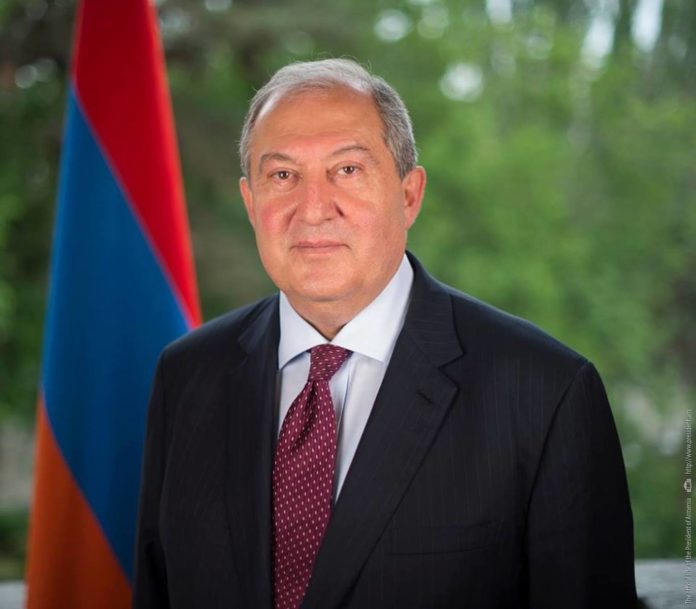YEREVAN (DP, Azatutyun) — Armen Sarkissian announced Sunday, January 23, that he was stepping down as president of Armenia, citing his inability to influence policy during times of crisis.
Armenia has been embroiled in a political crisis that erupted in the wake of a war with Azerbaijan over the disputed Nagorno-Karabakh territory.
Sarkissian disagreed with Prime Minister Nikol Pashinyan over his decision to remove the chief of general staff in the wake of the war with Azerbaijan and amid protests.
Pashinyan removed Armenia’s chief of general staff in March 2021, claiming that the military was planning a coup.
Pashinyan has been under pressure since the peace deal that ended the war with Azerbaijan, with regular street protests demanding he step down over the terms of the agreement.
At the time the peace deal was being negotiated, Sarkissian criticized the fact that he had not been included in the deliberations.










